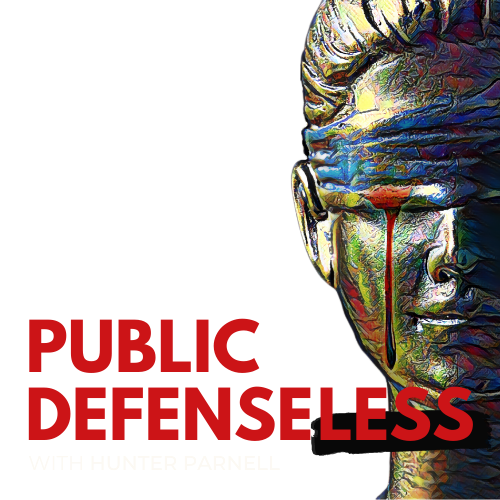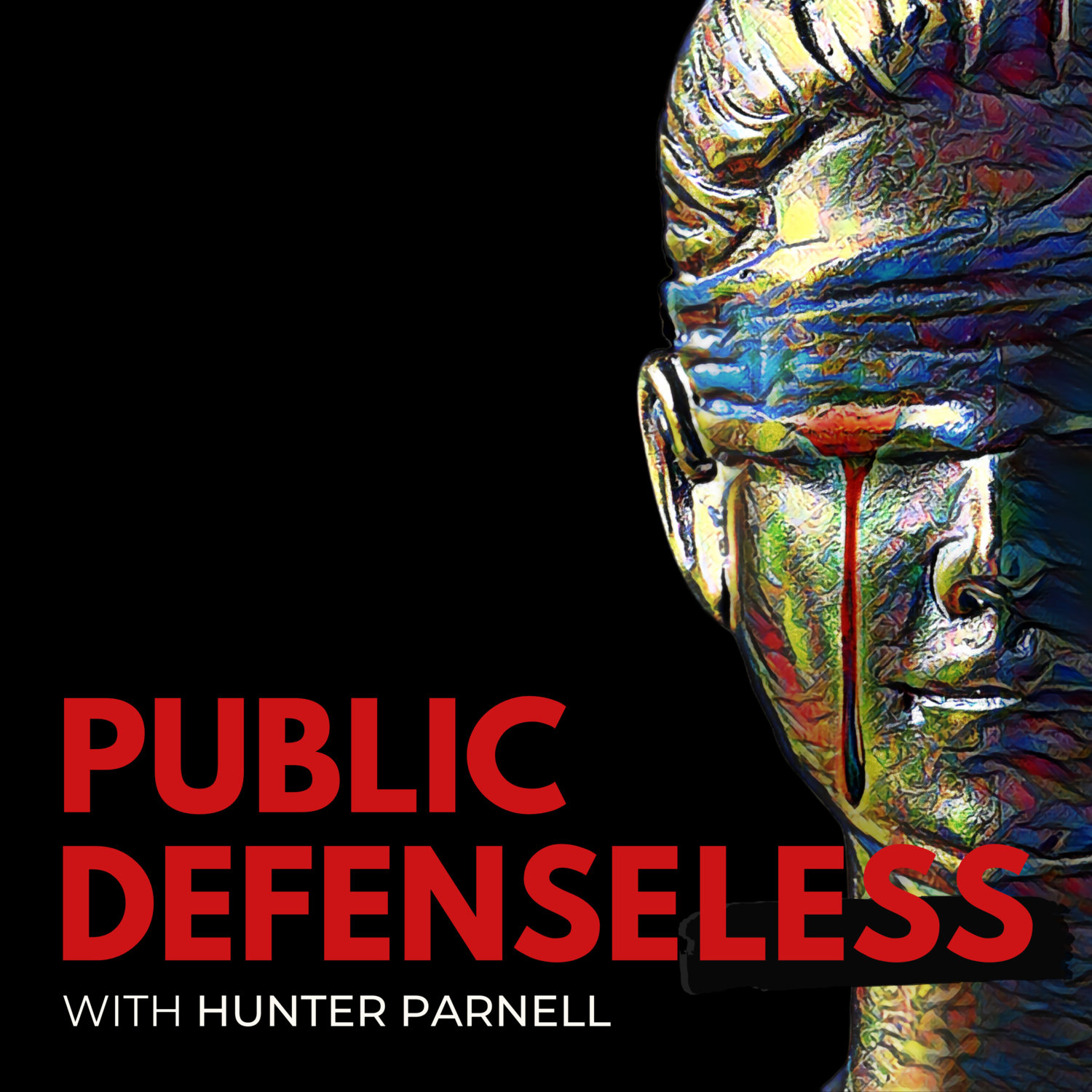Junk Science and the Making of a Wrongful Conviction w/Chris Fabricant
Like most people, shows like CSI, Law and Order, or even Dexter, may have you convinced that the science used to convict people is airtight. Everything from bite marks, blood spatter, and even finger prints, must be scientifically valid...right?
What if I told you, almost all of it is predicated on junk science and the failings of the legal system to catch it? Today’s guest is on the show to highlight this and the infrastructure that has been created to support wrongful convictions.
Chris Fabricant is the Director of Strategic Litigation at the Innocence Project and the author of Junk Science and the American Criminal Justice System.
In this episode, we will go over some of the findings in Chris' book that help us to understand how the legal system allowed bad science to become such a powerful tool to wrongfully convict thousands of Americans.
Giving his solutions to the junk science problem, Chris will leave you with the hope that it will one day be no more.
Key Topics and Takeaways:
Hunter’s definition of a wrongful conviction. [6:25]
How junk science got into the criminal system. [13:37]
The issue with pattern matching. [23:09]
Society’s strong desire to punish. [31:12]
How the Supreme Court has played a role in wrongful convictions and mass incarceration. [37:06]
The principle of finality. [38:03]
Denialism around actual innocence. [47:17]
Promoting scientific literacy among lawyers. [1:06:25]
Guest:
Chris Fabricant, Director of Strategic Litigation, Innocence Project
Resources:
2009 National Academy of Sciences Report
2016 PCAST Forensic Science Report
Buy Chris’s Book Junk Science and the American Criminal Justice System
Memorable Quotes:
“I don't think people actually want to live in the type of society that our legal principles say we should be living in.” (4:50, Hunter)
“What we know about the law as compared to science is that the law is stable.” (22:17, Chris)
“In reality, crime usually happens. Police get together, form their suspect. And then, a lot of the analysis of the evidence is then with that suspect in mind.” (27:39, Hunter)
“Science should always be objective, it should be separated from the adversarial process.” (29:40, Chris)
“There’s widespread scientific illiteracy in the bar.” [50:59, Chris)
“Once you're accused unless you can afford really, really good counsel, you're kind of fucked.” (59:56, Hunter)
Contact Hunter Parnell:
hwparnell@publicdefenseless.com
www.publicdefenseless.com
show less

